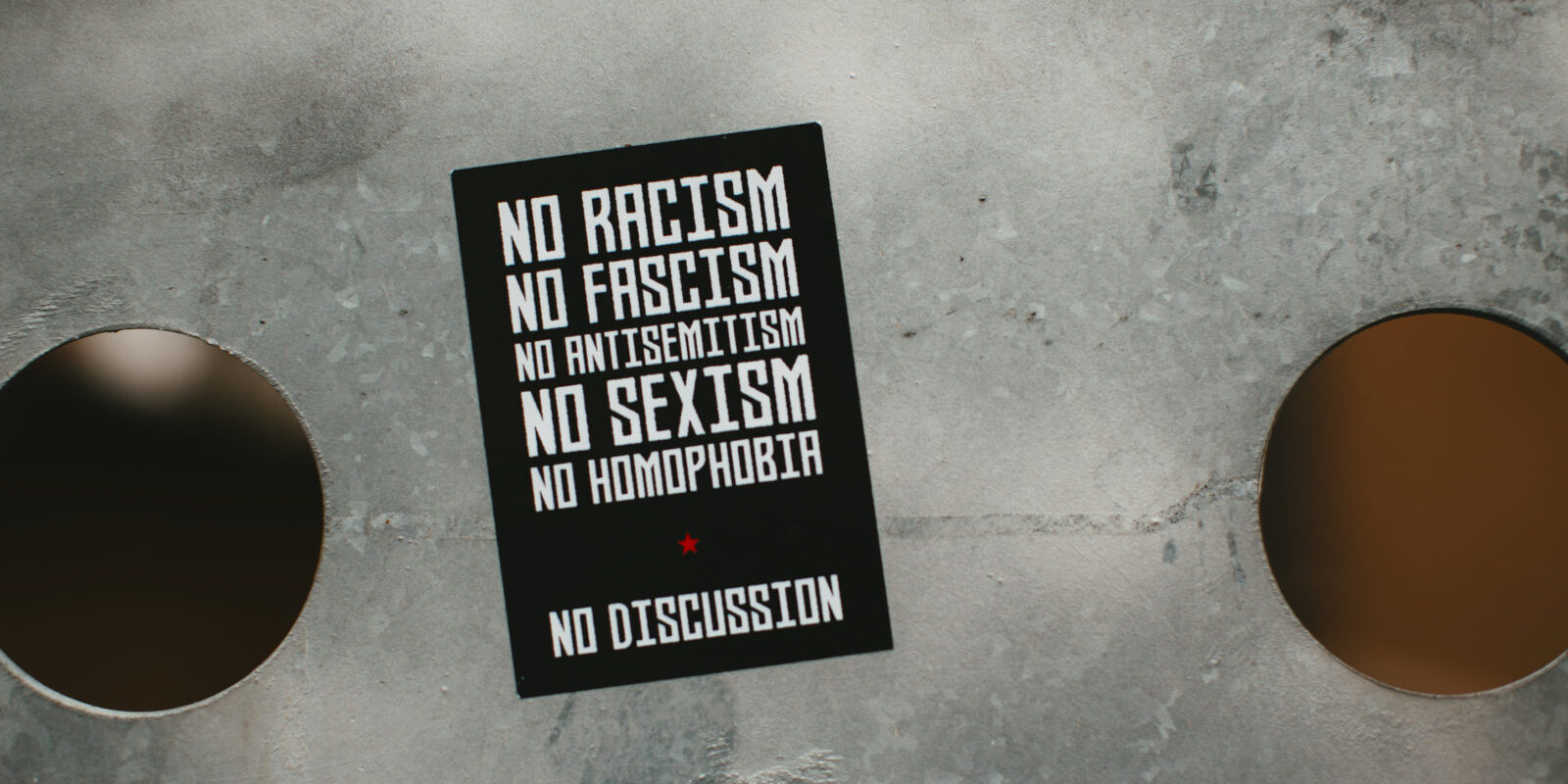The self assessment tools are aimed at combating gender discrimination, and are designed to be inclusive and standardized and therefore
applicable to the plurality of contexts in which youth workers or volunteers can operate and develop their professional and individual skills. They focus their intervention on a qualitative as well as a quantitative approach, bridging the gap that traditionally characterize the self-assessment tools used in this topic, which in most cases pose quantitative solutions as if the solution to the problem focused only on the numbers. The self assessment tools have been designed to:
- Sensitize youth workers to perceive the presence of a cultural bond linked to the gender stereotype within the different educational pedagogical and social contexts, in which they operate and put into practice their work or voluntary activity.
- Measure the awareness of the youth worker in relation to the degree of discrimination present within the sectors in which the workers or volunteers are involved and identify the strength of the phenomenon in terms of quantity and quality.
- Use correction tools diversifying the thematic or intervention area (verbal and non-verbal communication, organization of the service offered to the beneficiaries, methods of intervention used).
The quantitative results that are actually expected within TWOST:
- At least 100 Youth workers directly involved in development and testing of the tools
- At least 15 organizations outside the partnership directly involved in testing and dissemination of the tools
- At least 20 stakeholders directly involved in dissemination activities of the tools developed, with particular reference to policy makers and testimonials
- At least 1500 youth workers throughout Europe reached through dissemination activities
- At least 300 youth organizations reached through dissemination activities
- At least 30 youth organizations concretely involved in the use of the tools through the preparation of appropriate Memorandum of Understanding







